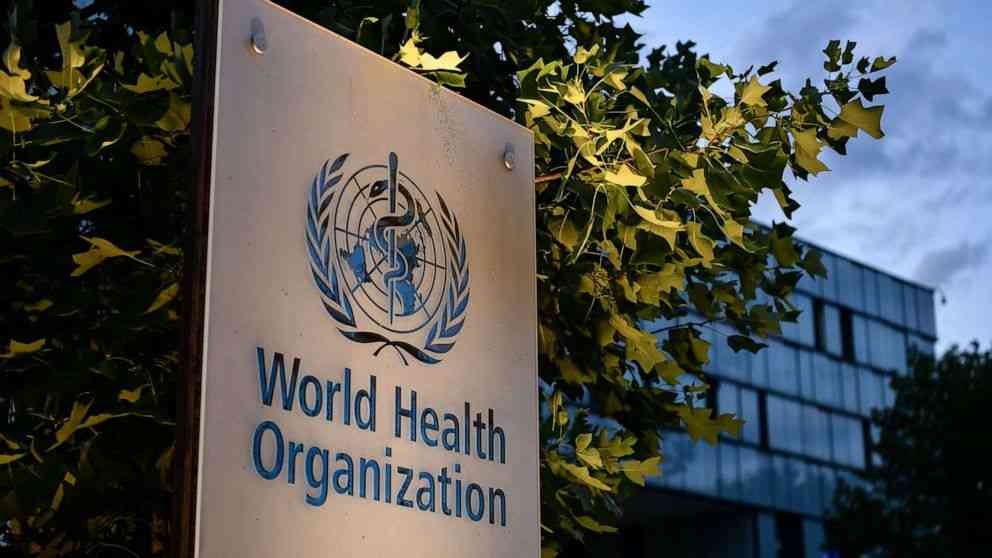
ZIMBABWE recorded at least 220 deaths from malaria since the beginning of the year, while 735 new cases were reported last week, the Health and Child Care ministry has said.
The majority of deaths have been reported in Mashonaland East and Central.
According to the ministry’s Weekly Disease Surveillance Report, the prevalence of malaria among children under five years was high with 105 cases reported in just one week.
“Seven hundred and thirty-five malaria cases and one death were reported this week. The death was reported from Murewa district in Mashonaland East province. Of the reported cases, 106 were from under the age of five” the ministry said.
The cumulative figure for malaria cases stands at 140 889.
“The provinces that reported the highest number of cases were Mashonaland Central (292) and Mashonaland East (182). The cumulative figures for malaria cases are 140 889 and 220 deaths,” the Health ministry said.
According to the World Health Organisation, malaria is a major public health problem affecting all age-groups in the country.
Health experts urged government to intensify awareness campaigns for the disease.
- Hesitancy slows Covid vaccination for children
- Hesitancy slows Covid vaccination for children
- Multisectoral COVID-19 messaging campaign improving prevention and vaccine uptake in Zimbabwe
- Cultivate demand for Covid-19 vaccines
Keep Reading
Community Working Group on Health executive director, Itai Rusike, said government should also invest more domestic funding towards malaria prevention, diagnosis and treatment.
“It is very worrying that the country is currently experiencing a surge in incidences of malaria with some areas which were once malaria-free zones also reporting cases of the disease,” Rusike said.
“We call upon the government to invest more domestic funding in malaria prevention, diagnosis and treatment supported by strengthened community-driven awareness initiatives to stop the current malaria-related illnesses and deaths.”
He said the government should continue implementing World Health Organisation recommended prevention strategies against malaria.
“There is need for residual spraying of houses in high transmission areas, districts and distribution of treated mosquito nets and this must be done with full community participation and ownership in order to ensure buy-in from the areas where the programmes are being implemented,” he said.
“There are worrying reports of some communities that are turning donated mosquito nets into fishing nets; others use them to fence their gardens and fowl runs, a development that hinders the fight against malaria.”
Medical and Dental Private Practitioners Association of Zimbabwe president Johannes Marisa said: “What we have to do is to prevent malaria by making sure we protect ourselves from mosquito bites and get a robust diagnosis of malaria and also administer robust treatment of malaria.”










